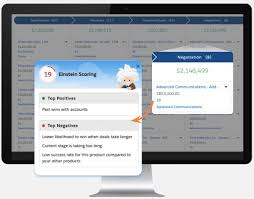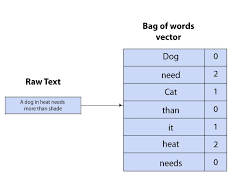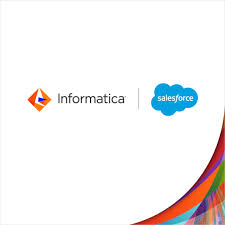AI opportunity scoring uses artificial intelligence and machine learning to analyze historical data and predict the likelihood of a sales opportunity closing. This score, typically on a scale of 1 to 100 or 1 to 99, helps prioritize opportunities, allocate resources effectively, and improve sales forecasting.
Here’s a more detailed explanation:
- Predictive Power:AI models analyze various factors, including deal stage, customer behavior, and historical win/loss rates, to generate a score that reflects the potential for success.
- Prioritization:Sales teams can use these scores to focus their efforts on opportunities with the highest likelihood of closing, maximizing their productivity and revenue.
- Improved Forecasting:AI opportunity scoring can also help improve sales forecasting by providing a more accurate picture of the pipeline and potential revenue.
- Example:If an opportunity has a score of 80, it indicates a strong likelihood of conversion, while a score of 50 might suggest that further attention or adjustments are needed.
- Factors Influencing the Score:AI models often identify specific factors that contribute to the overall score, providing insights into why an opportunity is perceived as high- or low-potential.
- Integration with CRM:AI opportunity scoring is often integrated into CRM systems, allowing sales teams to view scores and contributing factors directly within their existing workflow.
- Benefits:
- Increased win rates.
- Improved resource allocation.
- Enhanced sales forecasting.
- Reduced time to close deals.
- Empowered sales teams with clear priorities
Einstein Opportunity Scoring uses data science and machine learning to score your opportunities so that you can prioritize them. By using machine learning, Einstein Opportunity Scoring provides a simpler, faster, and more accurate solution than traditional rule-based scoring approaches.













